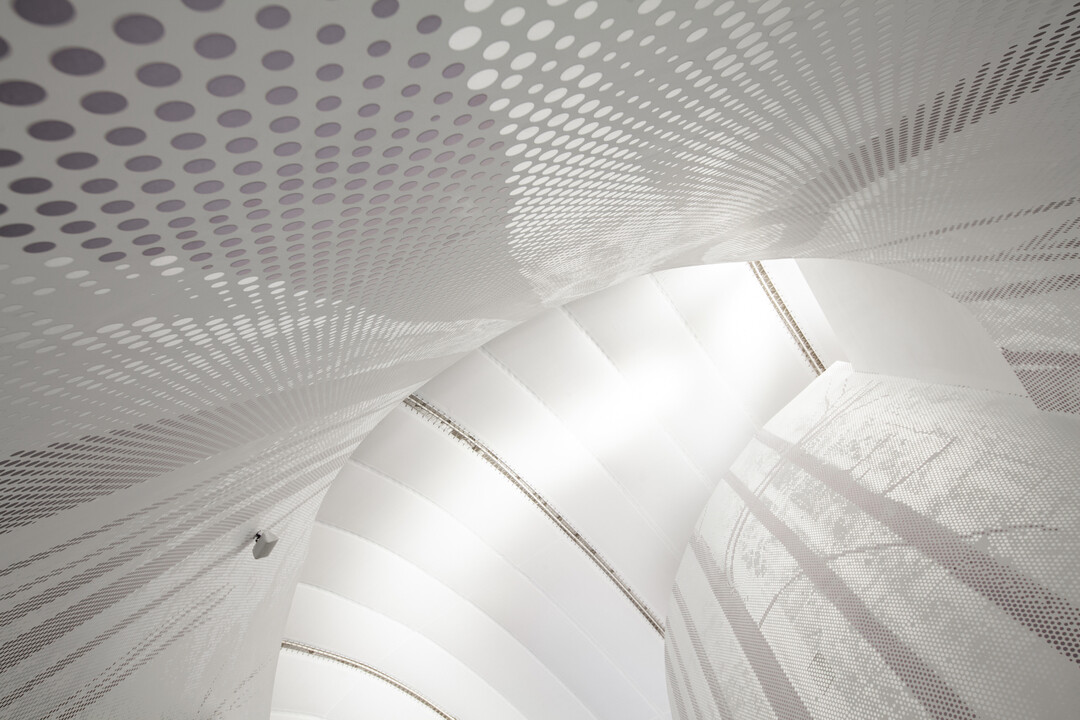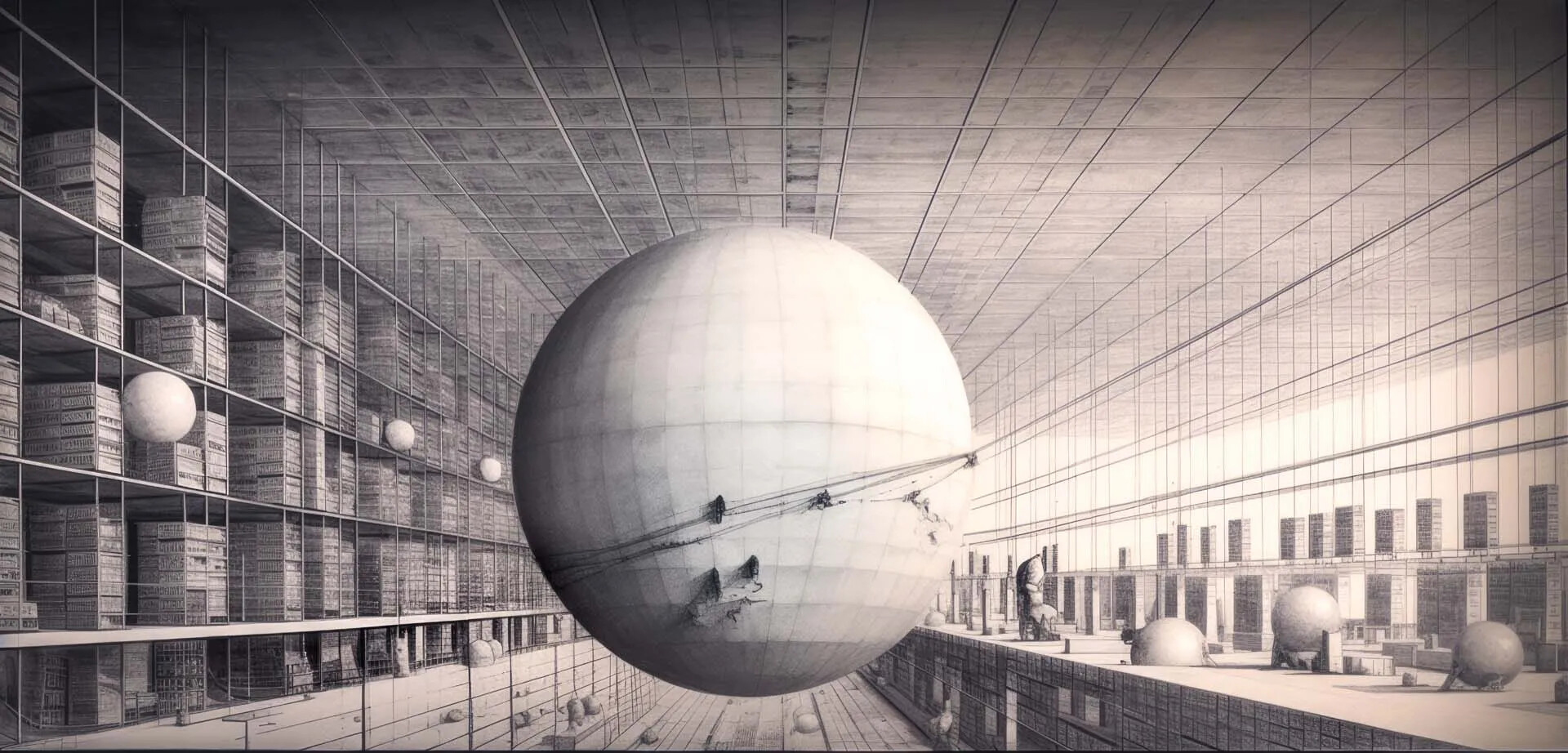
Members Only
Please join as a member and click "Members Only" to read more complete articles and exclusive content.

Please join as a member and click "Members Only" to read more complete articles and exclusive content.

你好,人類!
當AI人工智慧與人類的創造界線逐漸模糊不清時,日以繼夜無休止地持續運算,完美無暇地組合出真假難辨的文字、影像、事件與歷史。AI人工智慧如新世代的潘朵拉盒子,同時開啟了希望與恐懼。令人不禁回溯崇高(sublime)的美學概念,一種宏偉且危險的美,過去崇高與自然緊密相連,直到二十世紀,科技崇高取代了自然崇高。人類為何會對技術產生恐懼?從古老的傳說與神話中,無生命的物體被技術性賦予生命後,總是伴隨混亂與災難,即便原先被賦予生命的前提是幫助或保護人類,最終仍帶來傷害與毀滅,這些故事的寓意提醒著人類,失控的技術意即禍患。
諸如熟悉的核能發電、生物基因技術等,我們有非常類似的感受,一方面讚嘆科技崇高,其所帶來的生活便利,心中同時恐懼可能帶來的災難,崇高感隱匿於我們日常的生活中,不可控的毀滅夢魘如影隨形。面對AI人工智慧的高速進展,隨著勾勒未來美麗世界時,我們對AI人工智慧是如何演算出結果而下出判斷的不確定性感到憂心,也對AI人工智慧被資本與強權把持所產生的性別、種族、觀念、言論、創造、歷史、法律與政治等控制與生存偏見感到不安。
未公開、不透明的技術如同未知的黑盒子,黑盒子中的脫繮技術代表著古典控制論(Cybernetics)與AI人工智慧的截然不同的全新關係,控制論原是一套建立在能夠維持系統的穩定性與可預測性的反饋迴路上理論框架,但當AI系統具有高度自主、學習和自我進化時,促使基於固定模型和確定性假設的古典控制論變得不再適用,AI人工智慧的黑盒子性質讓我們無法深入理解其內部運作,從而無法掌握其影響系統的關鍵因素,潛在的崩盤將使我們失去信任,導致不可預測的結果和混亂。
二十一世紀的人類已經被剝奪了不AI的選擇,AI人工智慧狀似溫柔地擁抱人類,更像是冷靜殘酷地向人類切割道別。人類是否能夠建立起真正開放、可信任、共享的AI人工智慧系統?或是AI人工智慧已經如無限套疊的俄羅斯套娃黑盒,朝向自主沒有止境的高速演化進程,一切都終將無關人類,待衝出層層黑盒,嘶吼著「你好,人類!Hello, Human!」,正是AI人工智慧向舊物種人類告別之時。